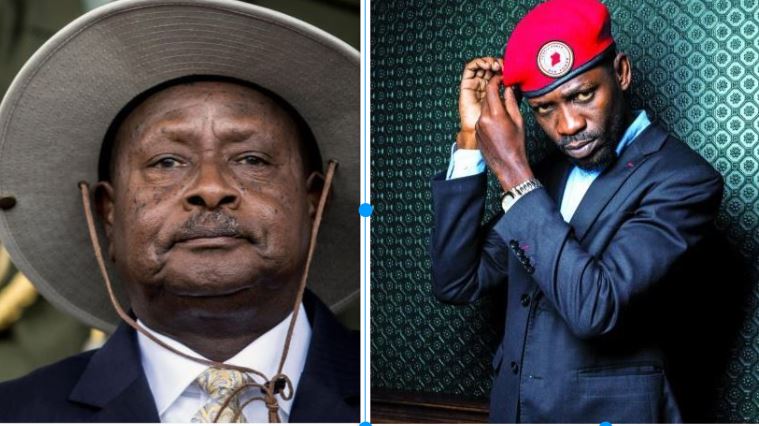×
The Standard e-Paper
Home To Bold Columnists

Uganda Presidential candidates Yoweri Museveni (left) and Robert Kyagulanyi alias Bobi Wine. [Courtesy]
Uganda will be heading to the ballot on Thursday, January 14, for both presidential and parliamentary seats. The incumbent, President Yoweri Kaguta Museveni, is seeking re-election, having ruled the country for 35 years.